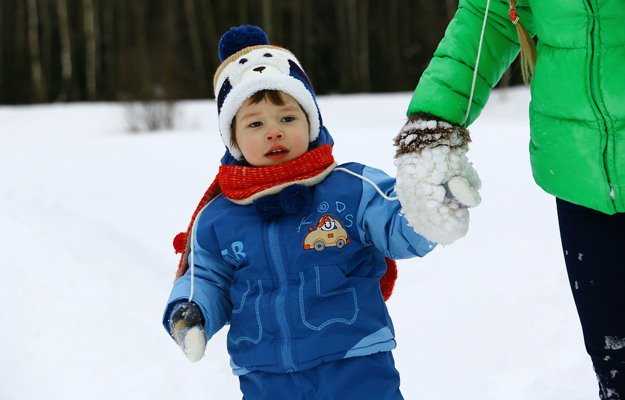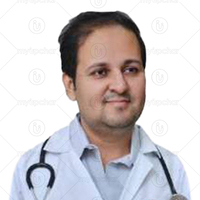What is an RSV infection?
RSV is a common and highly contagious infection typically seen in infants below 2 years of age. It can be a mild infection that presents itself much like the common cold, or it can be severe in some cases where the condition can become fatal. Children who are under 2 years of age or born prematurely are at a higher risk of contracting an RSV infection.
What are its main signs and symptoms?
The typical signs of RSV are similar to a cold, but the baby can also experience:
- Cough with a yellowish or grey mucus
- Difficulty breathing
- Dehydration
- Reluctance to feed or nurse
- Dullness or inactivity
- Irritability
- Mild fever and headache
What are the main causes?
The virus finds its way into the body through the mouth, eyes or ears. Children catch it through direct contact with an infected person or through indirect contact such as touching an object that has been handled by the infected person. The virus may stay in the body of an infected child for weeks, and it is most contagious in the first few days.
How is it diagnosed and treated?
The RSV infection is typically diagnosed by conducting a simple physical examination and checking for breathing difficulties. Further investigations may include blood tests, chest
X-rays or testing of nasal secretions.
Treatment for RSV infections can mostly be administered from home, barring some severe cases where children may need to be admitted to the hospital. Fever medication, drops to clear the nose, and antibiotics are commonly prescribed treatments. At home, it is helpful to use a humidifier and keep the air moist, keep the child hydrated and feed at regular, short intervals. If the child has been hospitalised, doctors may use IV fluids and oxygen to help the child recover quickly.

 Doctors for Respiratory Syncytial Virus (RSV) Infection
Doctors for Respiratory Syncytial Virus (RSV) Infection 


















